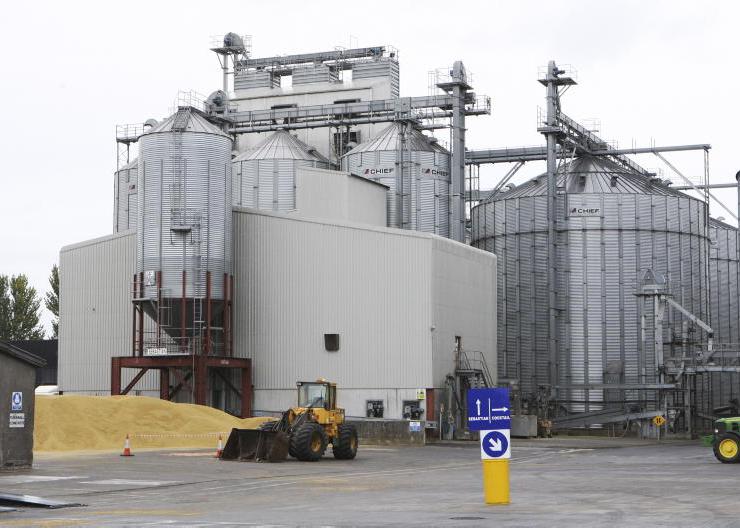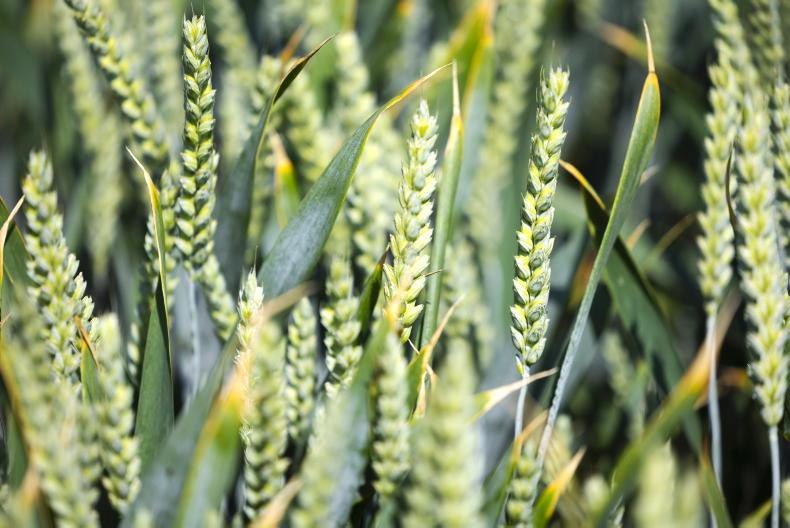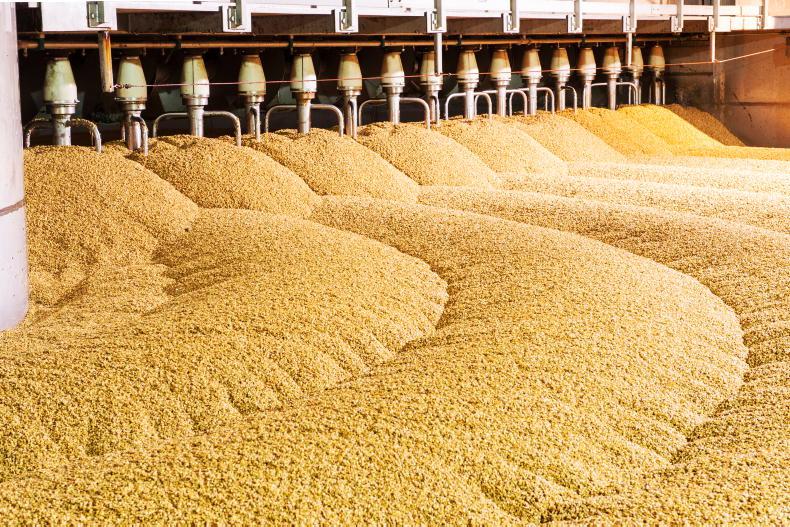Organic barley is now used in 25% of the overall production of whiskey at Waterford Distillery. Biodynamic and heritage barley each account for 5% of production.
That’s according to Neil Conway, who is the director and head brewer at Waterford Distillery.
The distillery will continue to try and increase the production of these products in the next five years because of their contribution to the flavour of the whiskey they produce.
Terroir, something Waterford Distillery often talk about, is how the flavour of a drink is affected by the environment the grain is grown in.
So, the soil type and weather in the area, for example, can affect the flavour of the whiskey.
Neil noted that this was proven in the production of French wine, and a research project at Teagasc Moore Park has also proved the concept.
Conway, who was speaking at the Irish Drinks Open Forum, said that the distillery runs on 100% Irish grain and that farms are chosen carefully.
They take in barley from about 35 farms. Over 100t are taken from each farm and the whiskey produced is called 'single-farm origin whisky'.
Waterford Distillery leaves the “e” out of the word whiskey, as the distillery wants to differentiate itself from other whiskey produced in Ireland, which is not produced from Irish grain.
Goldthorpe and Hunter
Neil’s focus was on heritage varieties. He explained that sensory analysis is carried out on the spirit produced from heritage barley to examine the flavour difference between Irish heritage varieties.
Some of the varieties used by the distillery were Old Irish (the oldest that the distillery could find), Goldthorpe and Hunter.
Hunter was the prominent variety grown in the 1960s in Ireland and was named after Herbert Hunter, a British agricultural science graduate, who was brought to Ireland at the start of the 20th century to improve varieties grown for Guinness.
He worked for the Department of Agriculture and Technical Instruction, and the aim of his job was to find varieties with good yields, quality and nitrogen or protein content.
Neil commented: “We’re trying to go back in time to see what flavours may be long forgotten.”









SHARING OPTIONS